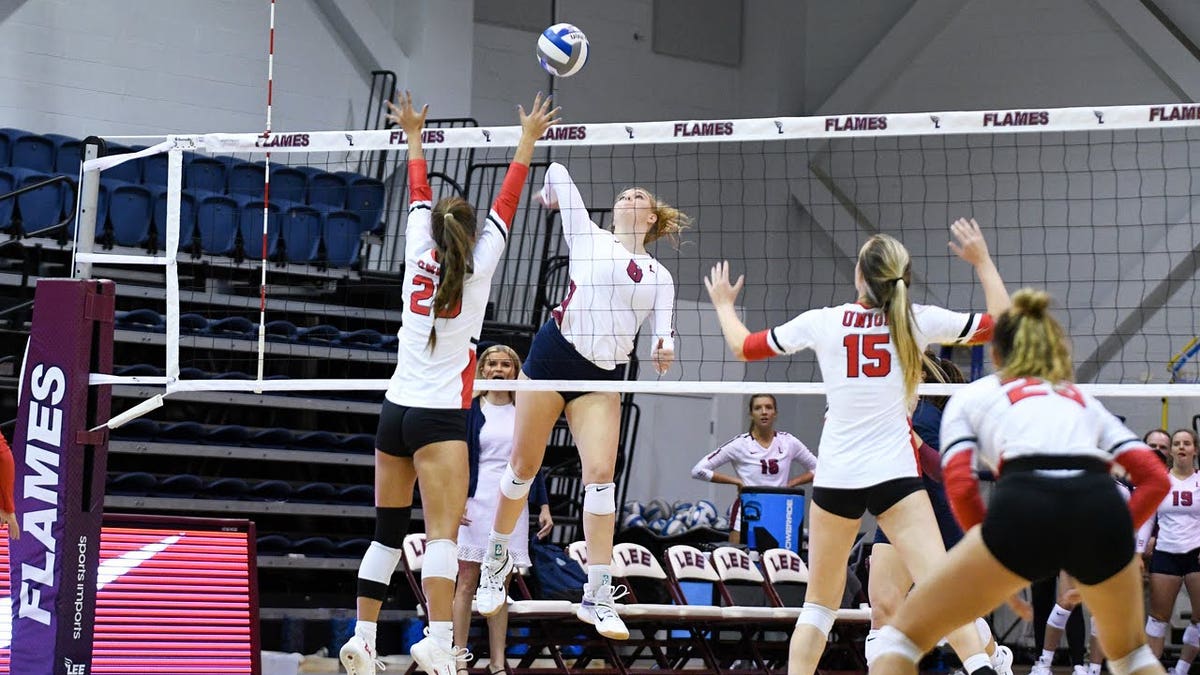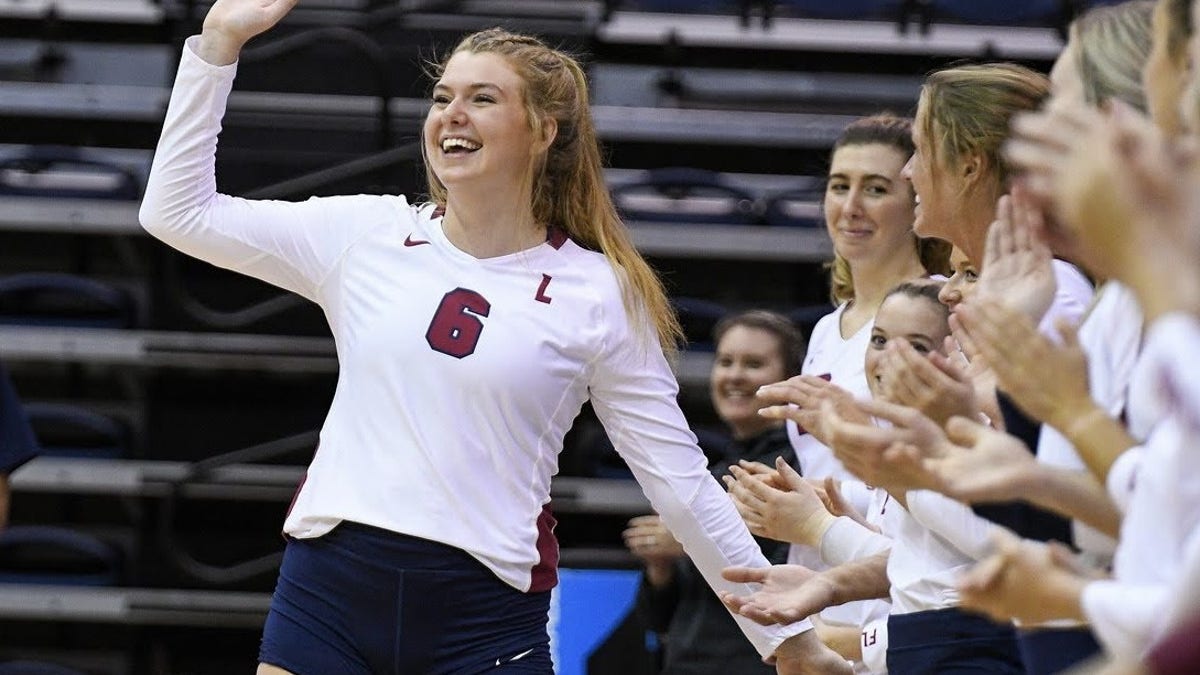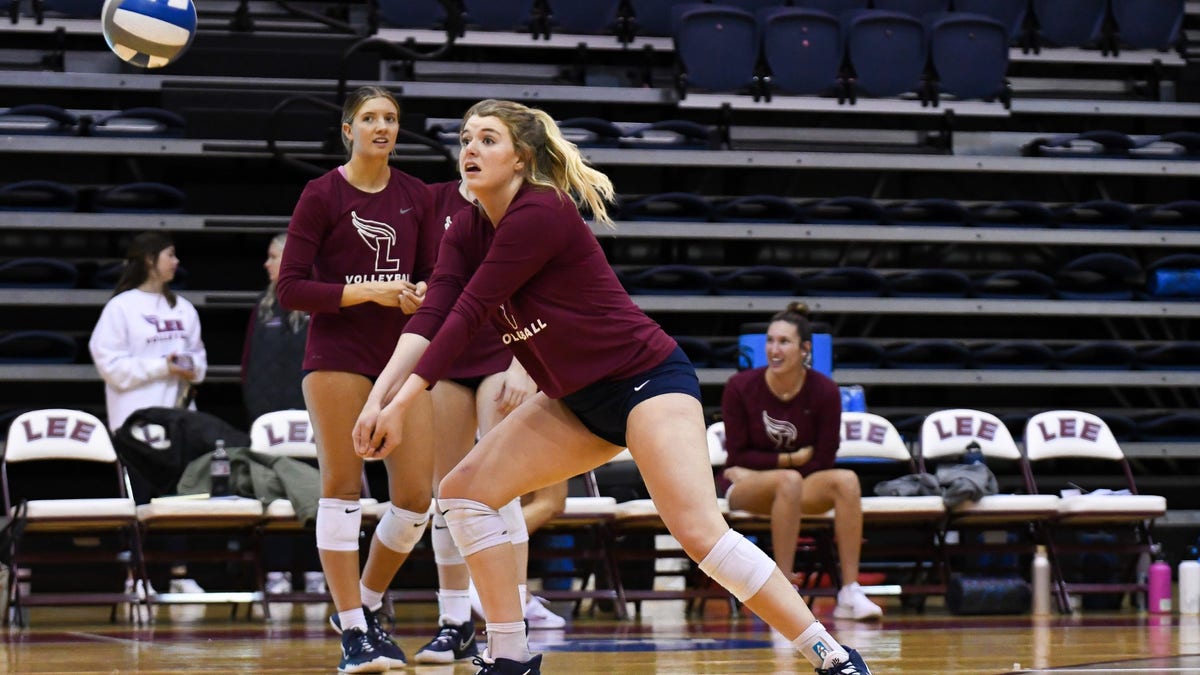From childhood dreams to early morning practices, the journey to becoming an NCAA athlete demands dedication, discipline, and resilience. For many, the title "NCAA athlete" represents years of sacrifice and a commitment to excellence. However, recent decisions by the NCAA raise concerns about whether the organization is upholding the values that once made this title so prestigious.
The rigorous demands of college athletics require student-athletes to balance demanding training schedules with academic responsibilities. They often miss family events, spend countless hours traveling, and adhere to strict eligibility requirements, including prohibitions on certain substances. These sacrifices were once understood as part of the commitment to representing their school at the highest level.

Now, however, the NCAA appears to be prioritizing other considerations over the established standards that define collegiate athletics. The decision to allow transgender athletes to compete in women's sports has sparked controversy and raised concerns about fairness and safety. Critics argue that this policy disregards the biological differences between male and female athletes and undermines the integrity of women's sports.

Furthermore, the NCAA's consideration of lifting the ban on cannabis use among athletes raises additional questions about the organization's commitment to athlete well-being and the image it projects. These policy shifts seem to contradict the traditional values of discipline and sacrifice associated with collegiate sports.

The potential consequences of these decisions are significant. The title "NCAA athlete" may lose its significance as a marker of dedication and achievement. The changes also raise concerns about the safety and fairness of competition, particularly for female athletes. As the NCAA continues to navigate these complex issues, the question remains: are these policy changes truly in the best interest of student-athletes, or are they sacrificing long-held standards for other agendas?
The debate surrounding these decisions highlights the tension between inclusivity, individual autonomy, and the maintenance of traditional standards in college athletics. The future of the NCAA and the meaning of the title "NCAA athlete" hang in the balance.

Comments(0)
Top Comments